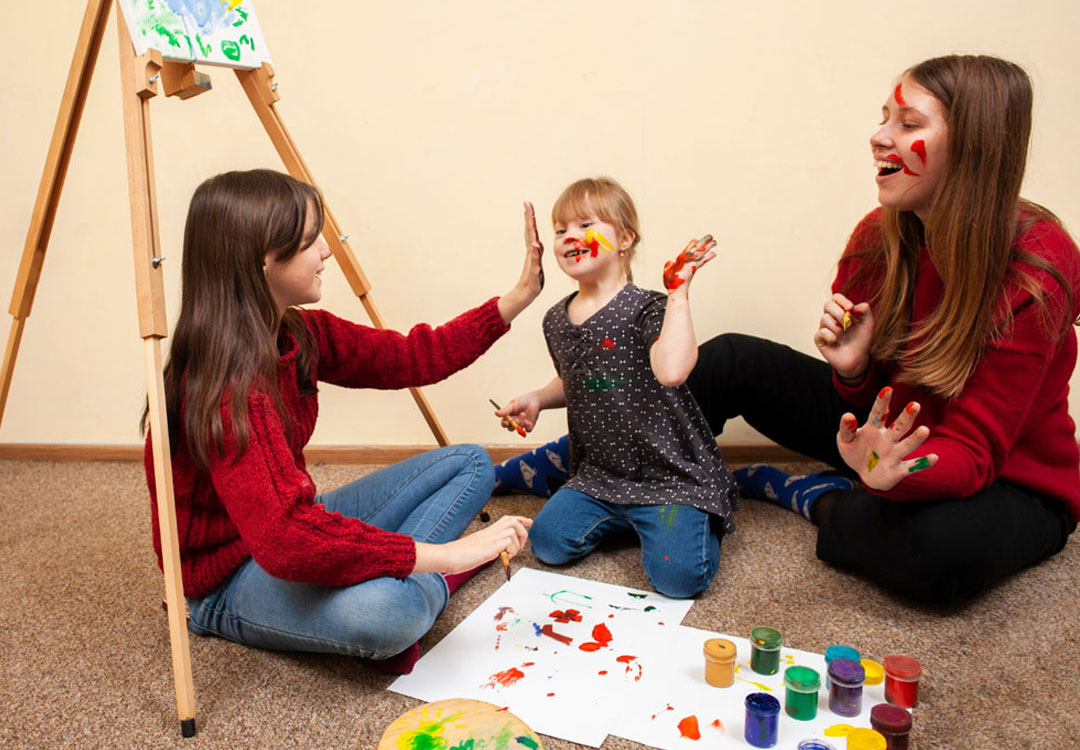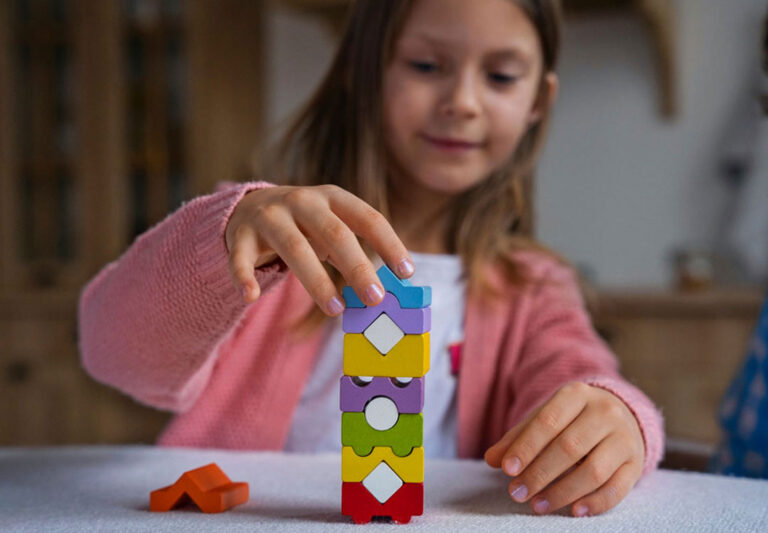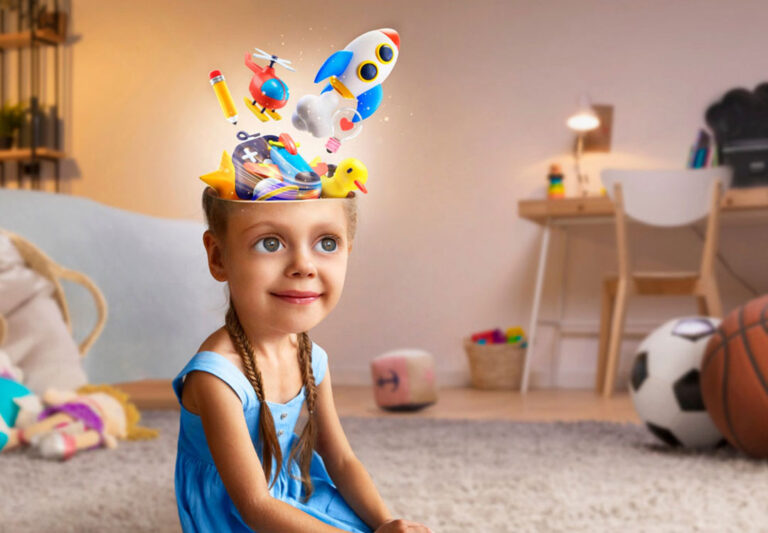Introduction:
In a fast-paced world filled with academic pressures and digital distractions, the simple act of play offers a profound antidote—a pathway to happiness and mental well-being for children. In this blog, we’ll explore the positive impact of play on children’s happiness and mental health, discussing how play provides opportunities for stress relief, self-expression, and building resilience in the face of challenges.
Stress Relief Through Play:
Play serves as a natural stress reliever for children, offering them a much-needed break from the demands and pressures of everyday life. Whether they’re engaged in active play outdoors, immersed in imaginative play indoors, or enjoying unstructured play with friends, children have the opportunity to release pent-up energy and tension, promoting relaxation and a sense of well-being. Play allows children to escape from stressors and responsibilities temporarily, providing a welcome respite that rejuvenates their minds and bodies.
Self-Expression and Creativity:
Play provides a canvas for children to express themselves creatively and authentically. Through play, children can explore their interests, passions, and emotions freely, unleashing their imagination and creativity in the process. Whether they’re painting, building, or role-playing, children have the opportunity to express their thoughts, feelings, and ideas in a non-verbal and uninhibited manner. This freedom of expression fosters self-discovery and self-confidence, empowering children to embrace their unique identities and develop a positive sense of self.
Building Resilience Through Play:
Play also plays a vital role in building resilience in children, equipping them with the tools they need to navigate life’s challenges and setbacks. During play, children encounter obstacles, conflicts, and failures, providing them with valuable opportunities to learn and grow. By experimenting with different strategies, problem-solving creatively, and persevering in the face of adversity, children develop resilience and adaptability—the ability to bounce back from setbacks and setbacks stronger than before. Play teaches children that failure is not the end of the road but rather a stepping stone on the path to success, instilling in them the confidence and courage to face future challenges with resilience and optimism.
Conclusion:
In conclusion, play is not just a source of entertainment—it’s a powerful catalyst for promoting children’s happiness and mental health. By providing opportunities for stress relief, self-expression, and building resilience, play enriches children’s lives and fosters their overall well-being. As parents, educators, and caregivers, it’s essential to recognize the importance of play in children’s lives and prioritize playful activities that promote joy, creativity, and resilience. So let’s celebrate the joy of play and nurture children’s happiness and mental health through the power of playfulness.





